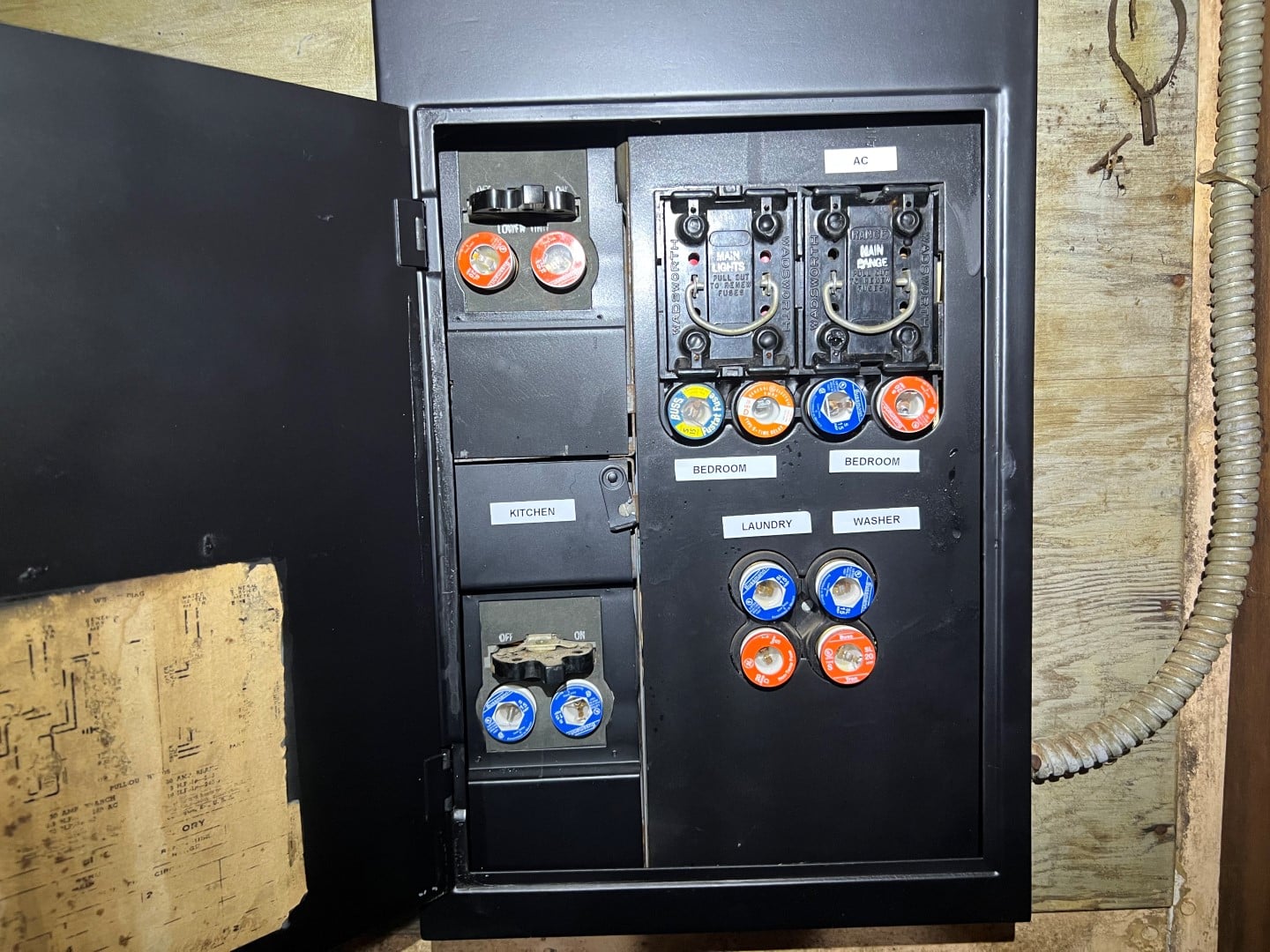Introduction
Welcome to the ultimate guide on fuse panels! In this comprehensive article, we delve into the significance, functionality, and maintenance of fuse panels in residential and commercial settings. Fuse panels play a critical role in safeguarding electrical systems, ensuring optimal functionality, and preventing hazards. Whether you’re a homeowner, electrician, or simply curious about electrical infrastructure, this article will provide valuable insights into fuse panels.
Understanding Fuse Panels
What is a Fuse Panel?
A fuse panel, also known as a fuse box or consumer unit, is a crucial component of electrical systems. It serves as a distribution point for electricity, controlling and protecting circuits by interrupting the flow of electricity in the event of an overload or short circuit.
Components of a Fuse Panel
A typical fuse panel comprises several components:
- Main Switch: Controls the supply of electricity to the entire property.
- Circuit Breakers: Protect individual circuits from overloads.
- Fuses: Safeguard circuits by melting and breaking the circuit during electrical faults.
- Neutral Bar: Connects the neutral wires from circuits.
- Ground Bar: Provides a connection point for grounding wires.
Importance of Fuse Panels
Fuse panels offer several benefits, including:
- Safety: Prevent electrical fires and hazards by interrupting faulty circuits.
- Protection: Safeguard appliances and devices from damage due to electrical faults.
- Control: Enable selective disconnection of circuits for maintenance or repairs.
- Efficiency: Ensure efficient distribution of electricity throughout the property.
Fuse Panel Maintenance
Regular Inspections
Routine inspections of fuse panels are essential to identify potential issues and ensure optimal performance. Electricians recommend inspecting fuse panels at least once a year to check for signs of wear, corrosion, or overheating.
Replacing Fuses and Circuit Breakers
If a fuse blows or a circuit breaker trips, it’s crucial to investigate the cause and replace the faulty component promptly. Ignoring blown fuses or tripped breakers can lead to further damage or electrical hazards.
Upgrading Fuse Panels
In older properties, fuse panels may be outdated and unable to handle modern electrical demands. Upgrading to a circuit breaker panel with enhanced safety features and capacity is advisable to ensure compatibility with current electrical needs.
Common FAQs about Fuse Panels
- How often should I inspect my fuse panel? Inspect your fuse panel annually to ensure safety and functionality.
- What causes a fuse to blow? Fuses can blow due to overloads, short circuits, or faulty appliances.
- Can I replace a blown fuse myself? It’s recommended to hire a qualified electrician to replace blown fuses or faulty circuit breakers.
- Do I need to upgrade my fuse panel? Consider upgrading if your fuse panel is outdated or unable to meet current electrical demands.
- What are the signs of a faulty fuse panel? Signs include flickering lights, tripped breakers, burning smells, or visible damage to the panel.
- How can I improve the efficiency of my fuse panel? Ensure proper insulation, avoid overloading circuits, and invest in energy-efficient appliances.
Conclusion
Fuse panels are integral to the safety and efficiency of electrical systems in homes and businesses. By understanding their functionality, importance, and maintenance requirements, property owners can ensure reliable electricity supply and mitigate the risk of electrical hazards. Remember to prioritize regular inspections, prompt repairs, and upgrades when necessary to optimize the performance of your fuse panel.





